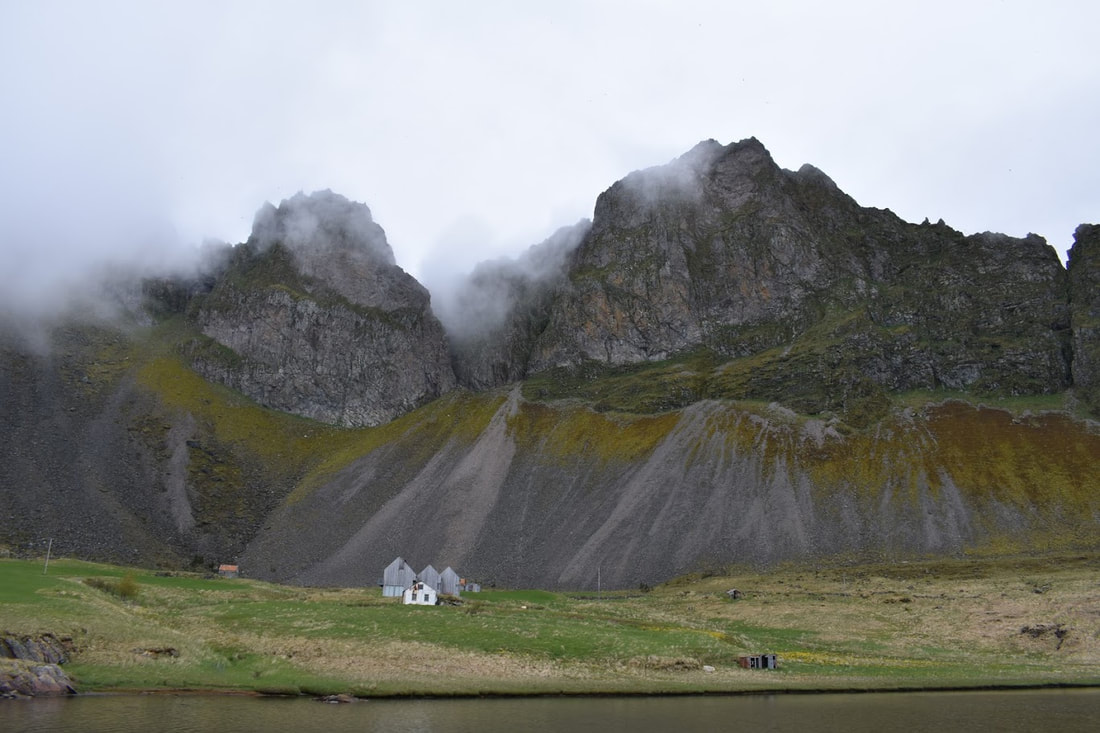Going beyond land acknowledgement
Read my land acknowledgements for where I live and conduct my research.
|
As part of a day-long symposium ("People and Nature") on environmental justice, ethnoecology, and place-based research in April 2022, I presented the symposium's land acknowledgement. In the hopes of sharing with others what I have learned during the months of research for this acknowledgement, I've posted a link to the video below. Here's a link to the presentation I used.
Before you watch my presentation, I encourage you to check out these fabulous resources, on which I relied heavily for my April land acknowledgement. The biggest takeaways I had from these sources were (1) doing your own research is hard work, but a very important and iterative process; and (2) just as essential is to step beyond simple acknowledgement by calling on your audience to take action. We have to move past platitudes and encourage real time and money commitments to the peoples we are acknowledging.
I am not an expert in writing land acknowledgements. There is always more to learn and do. But we can't let the knowledge of imperfection stop us from starting somewhere! I welcome any comments and criticisms on this land acknowledgement, so please reach out. Most importantly, take action yourself: Local-level donation suggestions
National-level donation suggestions
|
